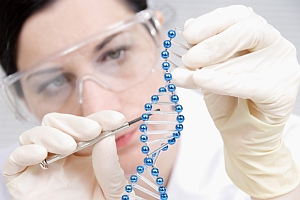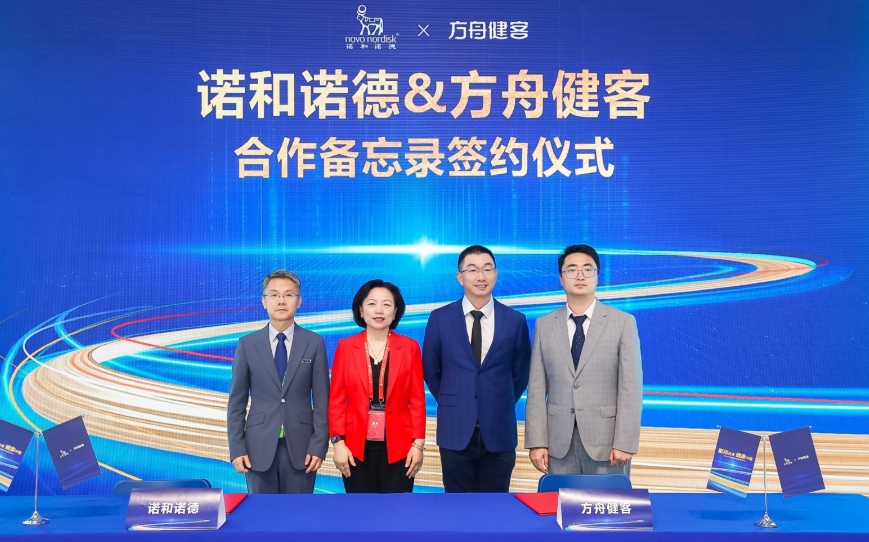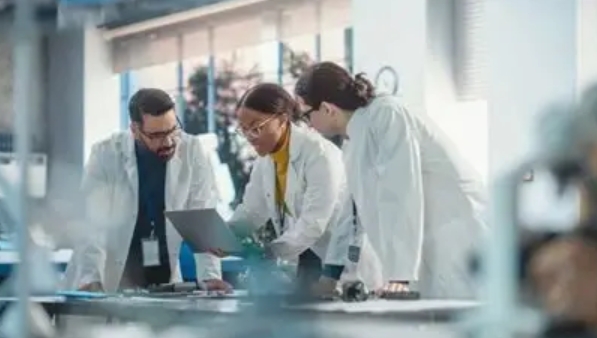
Roche 454 Sequencing Systems helps in IRON-II study of hematological malignancies
Singapore: A large-scale study called IRON-II has been conducted by a consortium of 26 laboratories from 13 countries in Europe and Asia to perform comprehensive analysis of 74 genes in individuals suffering from various types of leukemia by using Roche's next generation 454 Sequencing Systems.
The study aims to characterize selected genes in individuals with a wide range of hematological malignancies, including acute myeloid leukemia (AML), acute lymphoblastic leukemia (ALL), chronic lymphatic leukemia (CLL), chronic myelogenous leukemia (CML), myelodysplastic syndromes (MDS) and myeloproliferative neoplasms (MPN).
The results from over 4,000 cases demonstrate that the highly advanced technology from Roche supports the comprehensive molecular characterization of hematological malignancies with high sensitivity and specificity, with the future prospect of guiding more personalized treatment decisions. Earlier this year, Roche launched a set of sequence-based primer sets co-developed with the MLL for deep genetic variation detection in the TET2, CBL, KRAS, and RUNX1 genes using the GS FLX and GS Junior Systems.
Dr Alexander Kohlmann, head, Next Generation Sequencing Group, said that, "We are particularly pleased with the performance of the Roche assays in combination with the high quality long read length of the 454 Sequencing Systems. This is the only technology that allows us to resolve complex variations in genes such as RUNX1 or CEBPA and enables us to address questions such as landmark analyses in various mutated genes in hematological malignancies and the development of future prognostic models."
"One key aspect of the IRON-II study is that we now achieved to standardize gene content via amplicon-based deep-sequencing assays across hematological expert laboratories, including the bioinformatic analysis approaches," he added.




